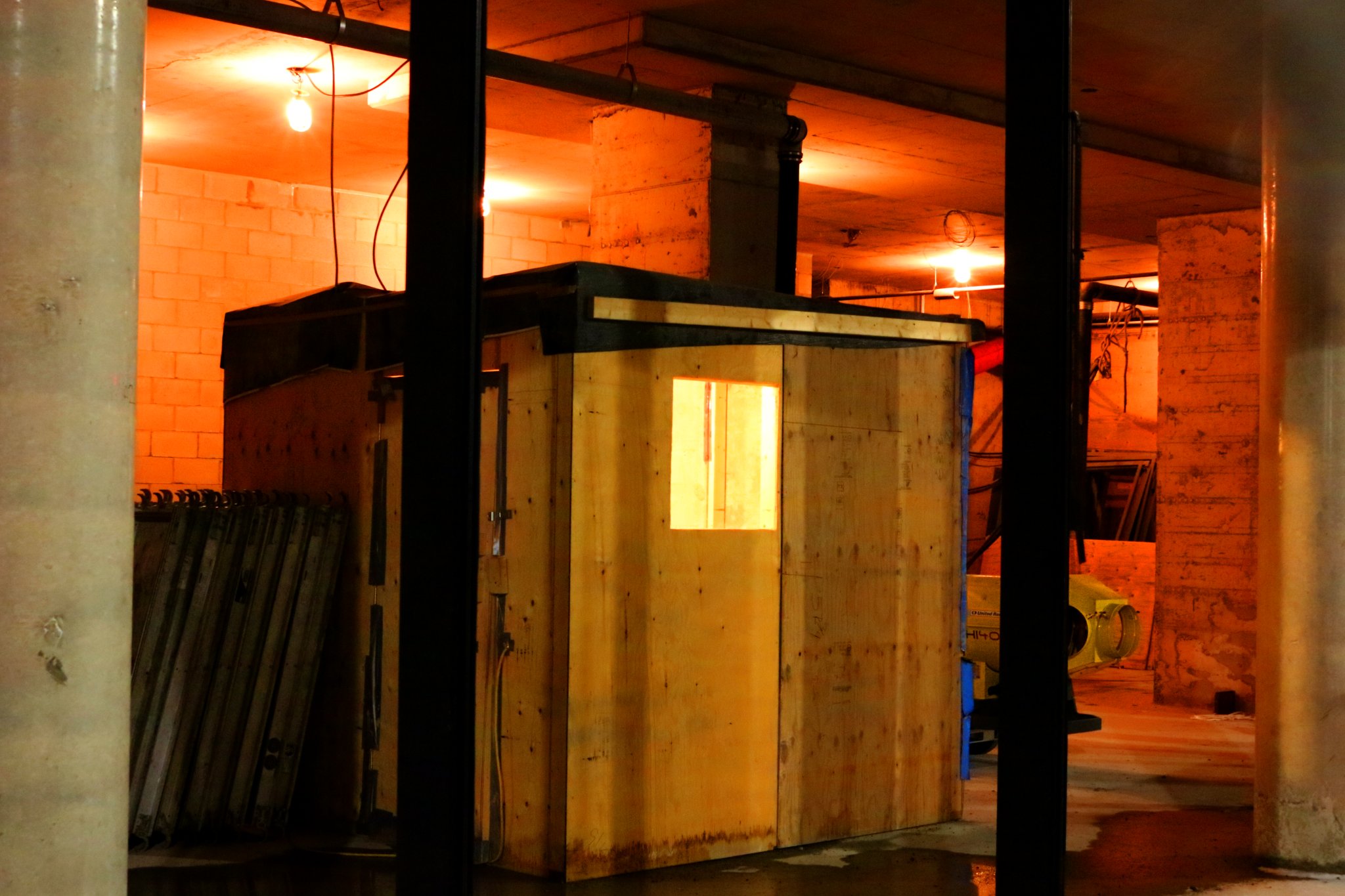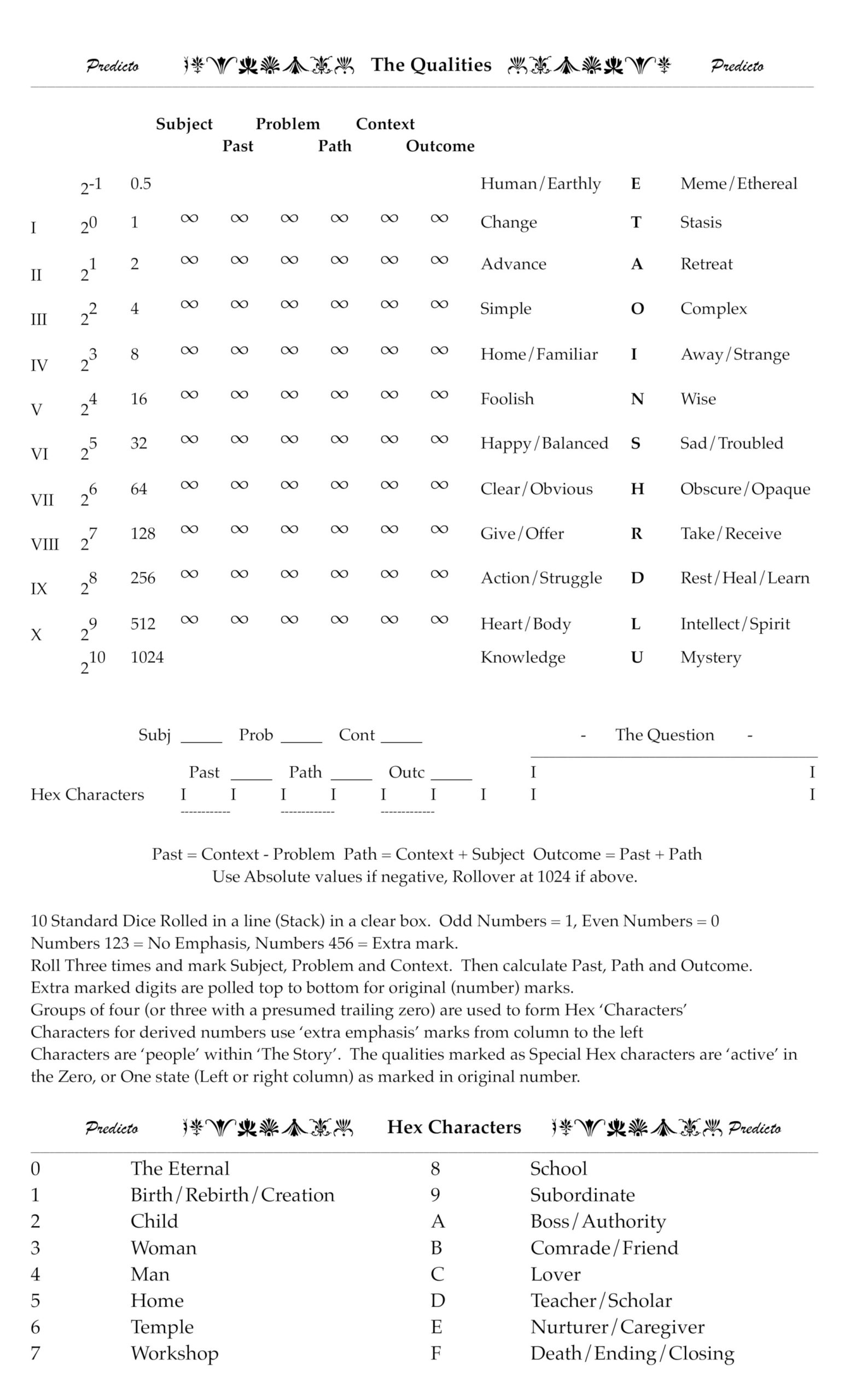(plumbers, technicians, mechanics, contractors and all reality-based retail service workers too)
I am a book nut with a lifelong passion for music, visual art and writing – essentially creative and romantic by nature. But I am also a guy who had zero formal education except for two stints at trade school (George Brown community college). I took a ten month course to become an audio electronics repairman, and then did another four months a few years later to add video gear to my repertoire. Got two decades of decent work from that debt-free education (an unheard of ratio nowadays).
This was back in 1987, which was a very interesting time to become a technician. There was a huge debate about whether CDs would really catch on, or consumers would move directly to digital DAT tape – and DAT would almost certainly have been adopted very quickly, but for massive pressure from the recording industry (then still politically powerful to the point of sector dominance). Consumer preference was effectively thwarted by US federal legislation (though not in Japan, where DAT was adopted widely and kept developing – which lowered the cost and helped legions of budget recordists here quite a bit, even if our consumer markets never saw much of it).
More important than this brand new stuff was that 1987 was long enough ago that the old stuff still hadn’t quite died out. I was fortunate and apprenticed at a small audiophile repair shop which didn’t limit itself to safe, standard or easy jobs. Some days I’d have a four thousand dollar CD player on my bench with a maglev motor for the laser-sled, followed by an old ‘five tube’ wooden cabinet radio from the nineteen thirties, with a Nakamichi Dragon waiting for me after lunch (and SL1200 turntables never-ending – still a DJ workhorse to this day).
I’m one of those people who is happiest when there is always something new to learn. That work was very satisfying to me for two main reasons – every fault is somewhere between a detective case and an algebra problem, calling for clever deduction from limited information. You don’t always even know exactly how the broken thing is supposed to work – you have only the non-functional version for clues – but somehow you have to find the culprit (or conspiracy of bad components) and raise the community of components around them back to full function with the least invasive – or the most practical and reliable – means (whichever best balances cost and future reliability).
The other endlessly fascinating challenge was psychological. I was beyond clueless about how to interact in normal ways when I first broke free from the commune at sixteen, and spending years as an overt visual freak (New Romantic then – now roughly subsumed as a subset of ‘Goth’) helped me learn a great deal about ‘in and out tribes’ and also about how to stand up for yourself even if you enter every (non dance-club) situation at a disadvantage.
But I became a tech not in the middle of teenage insecurity, but as a hopeful and increasingly confident young married man in his early twenties. It only took a few weeks for me to realize that for anyone curious enough, this sort of slower paced retail work presents us with a superb laboratory for learning about the extraordinary range of variation between humans and their dazzlingly widely sourced views.

I mention the brilliant French concept of “Professional Deformation” often, not to make people feel bad, but because my working life has taken me into so many different realms of situational groupthink, retail and academe in particular, and I can almost always see important insights which are common in one broad area of experience, are badly lacking elsewhere.
Some kinds of work sort for very specific types in a way people don’t easily recognize – a professor almost never understands how many stupid people there are by percentage, for example, because they spend their entire lives concentrating on the exceptional at the other end of the spectrum.
But in retail and service work of almost any kind, you encounter pretty much all of humanity. Everyone has a toilet (and back then, a stereo or radio which was made to be repairable, and usually worth repairing). What retail really means is that anyone who walks in off the street gets your time.
Working at a shop that did audiophile gear, but was also surrounded by a lot of entrenched poverty back then (Queen W near Bathurst), I had to find ways to respond to and engage elitists with wild self-congratulatory fantasies of impossible audio perfection, and also help desperate and paranoid hard luck cases – and both groups can very easily turn their whole life’s worth of upset on you, if you dare to disrupt the fantastic or paranoid assumptions they had, coming in.
Problem is, as a service professional, you simply cannot ever offer a service which is impossible, no matter how passionately (and frequently) this is demanded – so the job absolutely requires you to destroy illusions which people rather like, all day long. Learning to do this in a way which was both honest and compassionate, so I could maintain professional integrity, represent their actual interests more fully than their fantasies, but still have them leave feeling I was on their side, was the careful work of many years. Bedside manner masterclass, really.
Years later, in a much busier repair shop, I got my communication skills to the point where I would volunteer to take angry customers from other technicians, and talk them ’round to understanding we actually were on their side. (Not ever by lying, just by taking the time and care to understand the precise point where their technical misunderstanding was damaging our mutual respect). Being able to ‘reach understanding’ with almost any type, despite their state of high stress and suspicion, might just be the rarest skill I ever developed. Probably should have gone into mediation or the law. ;o)
By the mid nineties, things in the world of gear were already beginning to change in a way which was worrisome. More and more equipment was being manufactured by entirely robotic factories, in a minimum-everything way which made it impossible to repair cost-effectively. Worse still, a whole new class of equipment was being offered (in visual scanning and photographic gear also) to the newly crowned “Pro-Sumer.”
As a book guy, I have to stop here and say I deeply adore Sumer – the historical culture has inspired me ever since I was a kid and read “History begins at Sumer” which contained translations of many of humanity’s earliest literary masterworks. In that one specific sense I will always be pro-Sumer.
But as for ProSumer as a marketing demographic? AAAARG! The whole idea of ProSumer is to tell amateurs that they aren’t really, then offer them luxuriously functional equipment which is well beyond their creative abilities (but now had suddenly come within range of their price-point, thanks to mass robotic manufacture).
Of course I am an advocate for art, and I absolutely love the idea of more people having great art tools – IF ART IS WHAT WE GET. But it really hasn’t worked out that way for us over the last quarter century, and it feels as if there is probably a clue to bigger problems in here someplace.
The trouble with “the ProSumer” is not that better gear is now far more widely available (and truly professional gear even rarer and more expensive than ever), but rather that respect for expertise in general is being diluted by a huge boost to our (already dangerously overblown) narcissism. It might be a whole lot of fun if we could run an entire economy by everyone making shitty watercolours and selling them to the person on their left – but genuine masterworks are not ever made that way.
The dangerous flattery inside ProSumerism is the idea that the intentions of an ignorant marketing-flattered fantasist are of the same quality and usefulness as the intentions of someone who understands the real tested and established parameters involved.
This equivalence is not so, has not ever been, and will not ever be. Yes, fully open and unbiased ‘child mind’ is a lovely idealistic goal to work toward for mature creatives – but this stage comes AFTER we have worked to earn mastery of the skills and knowledge demanded for high craft, and can now turn our attention back to re-invigorating the magic which set us out on the long path in the first place.

Alien Hobo Code?
We don’t just wing-it with the plumbing and the wiring in our house, because we don’t want fires or floods (or unaffordable insurance). But we do enter into funny circles of mutual fan-dom (and social media has boosted this effect many times over), and by turning culture into a game of “I like you too,” we have, as a society, largely withdrawn our attention (and our all-important money) from the production of brilliantly accomplished general culture for everyone.
I have been amused by how often I have seen proof that technicians treat their equipment differently from a less well informed ‘user’. Of course they want all the same functionality, but they seek it in ways which are fundamentally sympathetic to the realities of the underlying machine. (Any expert auto mechanics among my friends? I’d love to know if you think this mechanically sympathetic effect applies just as truly to driving).
I also feel incredible sympathy for my friends who are still in retail and service, because it is much harder than ever to convince people who are emotionally committed to their entry fantasies that you have effective command of the suite of realities and skills which they most certainly require, in order to solve their particular problem – and that these informed insights strongly suggest an approach very different from their emotional preference.
A hobby gardener might be sad if their petunias wilt, might even consider themselves a ProSumer if they win a prize at the fair a time or two – but they aren’t going to be destroyed if they get it wrong. A farmer has to care about every single factor they can control, and also study every single one of the realities which they cannot. Otherwise their entire lives can be utterly destroyed in a single disastrous season. There is simply no equivalence between seeking vanity and achieving survival.
Will we ever return to a world in which people (at least sometimes) humbly recognize the difference between their areas of knowledge and their ignorant self-flattering fantasies? I honestly doubt it. The downside effects of our communications technology are emboldening idiots of every kind, everywhere (mostly for sales purposes) and corroding institutions and elites at a pretty furious rate (sometimes for the self-evident betterment of all, and sometimes to our vast mutual shame).
But we can certainly do one small life-hack sort of thing which would help ourselves and those we deal with humanize our daily lives a lot. We can LISTEN!
Things which are beyond of our grasp are not ever what we think dream or hope they will be. People who do understand what they really are can help us, but not until we understand our wishing and wanting is less important than the reality of the problem we want their help or expertise to solve.
Retail workers, service people, technicians, mechanics, plumbers, they are all ready to be our allies when it comes to dealing with life’s many unexpected and challenging curveballs.
Of course, if we choose to enter not by respectfully asking for help, but sneeringly, hostile and full of ignorant confidence, we are extremely unlikely ever to notice that positive potential at all! (It really is very strictly and justly reserved for people who prove they are NOT asshole customers).
Every time Catherine and I go into a restaurant, we remember being restaurant workers, same with every shop and trade – whether or not we have direct experience, we always bring respect.
In fact, I’m still trying to figure out just what one is supposed to be able to save or gain by so easily and often discarding civility and respect – can you actually have too many hard working local people who are always glad to see you? Is that even a thing?
¯\_(ツ)_/¯
Here are a couple of obscenely brilliant people with much bigger ideas than I, which nevertheless seem somehow related.
Ted Gioia is a brilliant music critic who is also extremely insightful about industry realities and financial shenanigans – a vanishingly rare (and wonderfully informative) combination.
His piece “14 Warning Signs You Are Living In A Society Without A Counterculture” helped inspire my meanderings today – but you should read much more of his stuff too! (See above link).
And if you love making or just deeply appreciating music, Rick Beato’s superb Youtube channel should be on your list of regular stops. He is an absolute keener about music, which means he sometimes rants brilliantly, and sometimes does reverent (and no less insightful) tributes to, and even interviews with truly extraordinary greats of music (check out his interview with Pat Metheny, or his review of all time great singer songwriter pieces, to get an idea of his delicious scope).
But most of all check out his interview with Ted Gioia (from above) about the state of the now utterly crazy music industry!
Finally, if you want a fun rant – you could do a whole lot worse than “Compared to Bach, we all suck!”









